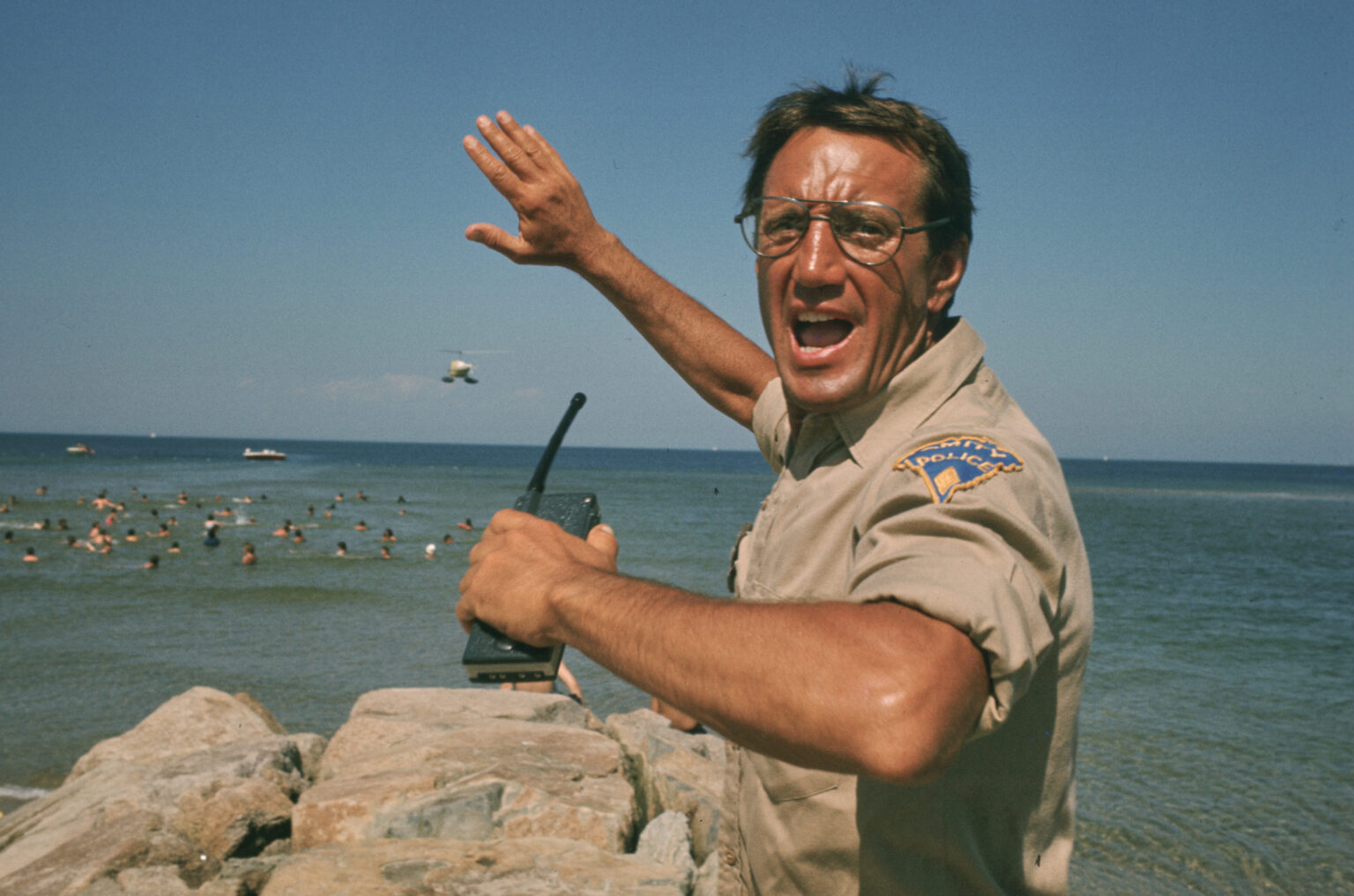Celebrating Half a Century of “Jaws”: A Landmark in Cinematic History
Fifty years ago this week, Steven Spielberg’s groundbreaking film Jaws made its debut on the big screen, forever altering the landscape of Hollywood thrillers. Unlike many summer blockbusters that fade quickly, Jaws emerged as a cultural phenomenon, earning widespread acclaim and setting new standards for suspenseful storytelling. Its impact was so profound that Time magazine dubbed that summer the “Summer of the Shark,” highlighting the film’s influence on popular culture. From the outset, critics lauded Spielberg’s masterful direction, John Williams’s iconic score, and the compelling performances by Roy Scheider, Richard Dreyfuss, and Robert Shaw.
Critical Acclaim and Cultural Impact
A New Standard in Horror and Adventure Films
Renowned critic Gary Arnold of The Washington Post praised Spielberg’s adaptation of Peter Benchley’s novel, describing it as a “streamlined masterpiece of cinematic horror and adventure,” transforming a relatively mundane source material into a timeless classic. Pauline Kael of The New Yorker highlighted the film’s unique approach to suspense, calling it “the most cheerfully perverse scare movie ever made,” noting how its shocks defy conventional timing, keeping audiences on edge throughout.
A Refreshing Take on Action and Fear
Film critic Roger Ebert of the Chicago Sun-Times appreciated Jaws for its rarity as a clean-cut adventure film that balances tension without excessive violence. He emphasized that the film’s effective use of blood and guts was essential but restrained, contributing to a compelling narrative that remains engaging. Vincent Canby of The New York Times commended the performances of Scheider, Shaw, and Dreyfuss, noting their wit and confidence, and praised Spielberg’s skill in pacing the film’s shocks, culminating in a final confrontation that audiences accept wholeheartedly, despite its fictional nature.
Technical Mastery and Narrative Craftsmanship
Building Suspense Through Subtlety
A review from Variety highlighted the film’s remarkable suspense, noting that the shark remains unseen for the majority of the runtime-about 82 minutes-heightening tension through clever camera work and subjective perspectives. Similarly, Arthur Knight of The Hollywood Reporter lauded the film’s ability to deepen viewers’ emotional investment in the characters, making the climactic moments resonate more powerfully. He also praised the technical achievement of the mechanical shark, which, despite initial concerns, proved to be a convincing and effective creature on screen.
Balancing Action with Storytelling
Charles Champlin of the Los Angeles Times offered a more critical perspective, describing Jaws as a film that relies heavily on sensationalism and spectacle. While acknowledging its commercial success, he criticized it as a coarse and exploitative work that depends on excess for impact, calling it “awkwardly staged and lumpily written.” Nonetheless, the film’s ability to generate excitement and box office success was undeniable.
Enduring Legacy and Modern Relevance
A Genre-Defining Milestone
Judith Crist of New York Magazine celebrated Jaws as a top-tier adventure melodrama that delivers chills and lifelong fears of water. Michael Sragow of Boston Magazine emphasized the film’s visceral power, noting that it grips viewers from the opening moments and sustains tension for nearly two hours. He praised Spielberg’s inspired filmmaking, which manages to evoke horror without insulting the audience’s intelligence.
Technical Excellence and Artistic Integrity
Derek Malcom of The Guardian commended Spielberg’s technical prowess, as well as the efforts of producers Richard Zanuck and David Brown, and editor Verna Fields. He observed that Jaws is not the most perfect film but is a prime example of a movie that understands its limitations and focuses on storytelling fundamentals. The film’s clarity and panache in handling complex technical challenges set a benchmark for future productions.
The Lasting Influence of Jaws
Today, Jaws remains a pivotal film in cinematic history, inspiring countless thrillers and adventure movies. Its innovative use of suspense, groundbreaking special effects, and compelling storytelling continue to influence filmmakers and entertain audiences worldwide. As we celebrate its 50th anniversary, it’s clear that Spielberg’s Jaws is more than just a movie-it’s a cultural touchstone that redefined what a summer blockbuster could be, proving that a well-crafted story can leave a lasting legacy.

